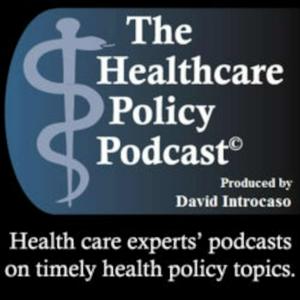CUNY's Dr. Lyndon Haviland Discusses the Government's Response to the Measles Outbreak
At present, measles, one of the most contagious communicable diseases for which there is no treatment, disproportionately sickens - and kills - preschoolers. The outbreak is present today in 21 states ranging from Alaska to Vermont. As of last Friday, this year has already seen 607 confirmed cases, 72% of cases were among those age 5 to 19 and 97% of those infected were either unvaccinated or their vaccination status is unknown. For comparison, for five-year period ending in 2024 the average number of annual measles cases equaled 105.The measles, mumps, and rubella (MMR) vaccine is exceptionally effective and when immunization is greater than 95%, herd immunity is achieved. Having previously attained this percent measles was considered officially eliminated in the US in 2000. Achieving measles elimination was considered an historic public health achievement. Today however approximately 40 of states have vaccination rates below 95%. As a result, public health officials, for example in West Texas, expect the outbreak to continue for the remainder of this year, if not beyond.Concerning the federal government’s response this past Sunday when asked about the outbreak , President Trump stated, “It’s so far a fairly small number of people relative to what we’re talking about,” adding, “this is not something new.” Beyond cutting CDC staff and state funding to monitor infection/disease transmission, the White House is withdrawing the US from the World Health Organization (WHO) that in part managed a networks of labs, entirely funded by the US, to track measles cases around the world. HHS Secretary Robert Kennedy, a man with an anti-vaccination history, recently stated the measles vaccine is the “most effective way to prevent the spread” of the disease, however, he continues to frame vaccination as a personal choice and suggest the vaccine can cause just as much harm as the disease itself. Hours after making his “most effective” comment, the Secretary highlighted the work of doctors treating infected children with steroids and an antibiotic. The Secretary has also noted cod liver oil and Vitamin A as treatments. This is a public episode. If you would like to discuss this with other subscribers or get access to bonus episodes, visit www.thehealthcarepolicypodcast.com

